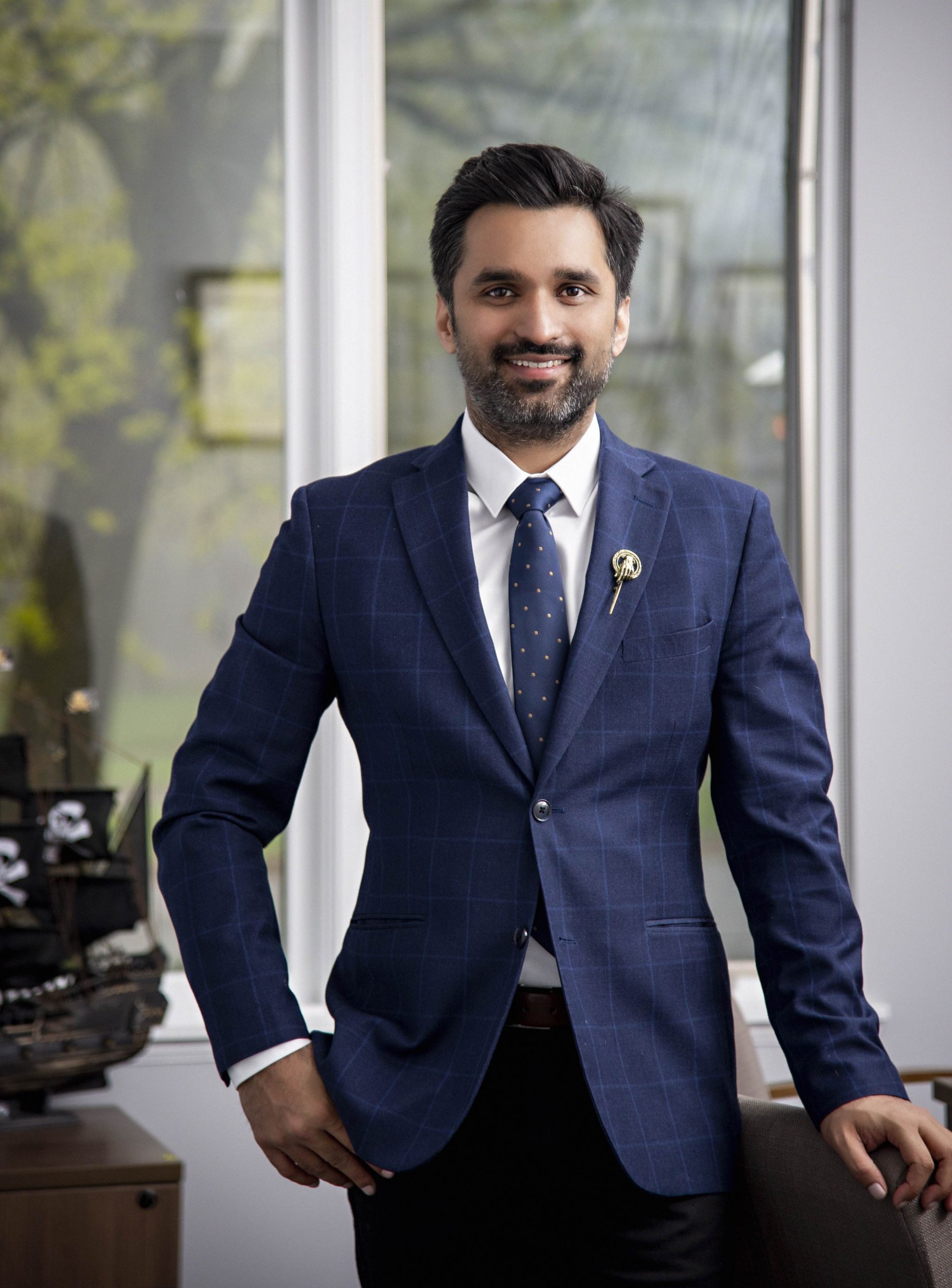A lawyer is someone who, having been licensed to practice law, is qualified to advise people about their legal matters. Canadian immigration applicants are often unable to make a distinction between different categories of immigration practitioners. It becomes important to write on this issue as I often meet applicants who not only lack familiarity with the complexities of Canadian immigration and legal systems but also label all licensed and non-licensed immigration practitioners as “lawyers”. Very often, by the time the applicants understand who a “lawyer” is, the chances of success in their immigration matters are compromised, hence making it difficult for them to realize their dreams. Therefore, it is pertinent to understand what exactly a “lawyer” is.
In Canada, the lawyers are members of the provincial law societies, and their authority to practice law may be verified through the publicly listed lawyers’ directories on the websites of the provincial law societies. Lawyers are effectively regulated by the provincial law societies, and it is evident from their long history of protecting the public.
To be a licensed lawyer in Canada, a person is required to attend a law school for a law degree program. Subsequent to graduating from a law school or obtaining the Certificate of Qualification from the Federation of Law Societies of Canada, the law graduate is required to complete the bar admission process by taking bar exams which are conducted by the provincial law societies. Below is the relevant excerpt from the recommendations of the Canadian Bar Association that sheds some light on the education and training of lawyers:
“Immigration law is a complicated, technical area of law that changes frequently. It intersects with other areas of law such as human rights, international, criminal, family, employment, corporate and tax law. Practicing competently in this area requires keeping up to date with legislation, regulations, immigration policy, manuals and operational bulletins, as well as processing trends at visa offices, inland processing centers and ports of entry. Immigration lawyers are held to high education and training standards, and must graduate from law school – a three-year, university degree program with high admission standards. In law school, they learn skills like statutory interpretation, legal research and writing, which are necessary to understand and apply the intricacies of immigration law effectively.”[1]
Choosing an immigration practitioner is the prerogative and right of the applicants. However, classifying every immigration practitioner as a “lawyer” is melded with a risk of choosing the wrong immigration representative. Understanding who a “lawyer” is, may prevent difficult immigration situations and your future disappointments.
[1] March 2017 Recommendations of the Canadian Bar Association on Immigration Practitioners

